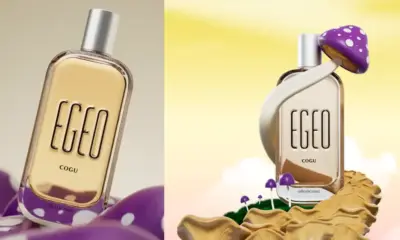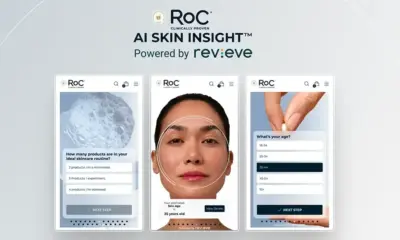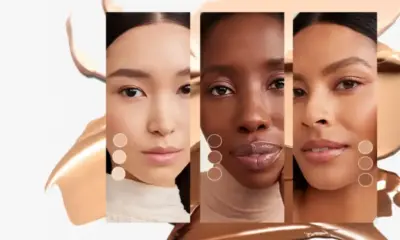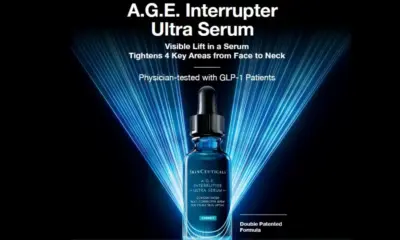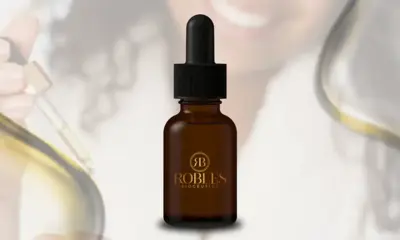Tech & Innovation
Nanocarrier Delivery Systems in Cosmetics
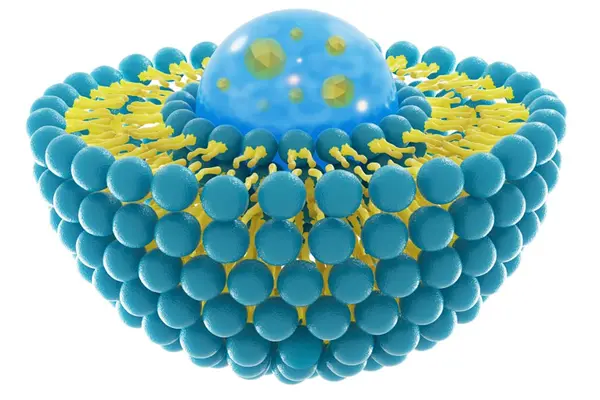
Nanocarrier delivery technology represents an innovative nanoemulsion delivery system that has emerged in recent years. This technology employs specialized carriers and nanoparticle structures to encapsulate various active ingredients with distinct mechanisms and properties within the same nanocarrier.
By facilitating skin delivery, it enables the synergistic effects of multiple effective ingredients, significantly enhancing their overall efficacy. This technology utilizes meticulously designed nanoscale carriers to transport several active ingredients simultaneously, precisely targeting their delivery through the skin barrier to achieve comprehensive skin care benefits.
The essence of nanocarrier delivery technology lies in the application of nanoscale carriers, such as liposomes and polymer nanoparticles, which can encapsulate and deliver multiple active ingredients at once. These nanocarriers are characterized by their unique physical and chemical properties, including a small size, high specific surface area, and excellent biocompatibility, allowing them to penetrate the skin barrier effectively and deliver active ingredients to deeper skin layers.
Carrier types can be categorized into several groups, including nanoemulsions/submicroemulsions, flexible liposomes, ethosomes, solid lipid nanoparticles, nanostructured lipid carriers, lipid liquid crystals, nanogels, nanocrystals, Pickering emulsions, and soluble microneedles.
The initial application of lipid particle carrier technology occurred in the pharmaceutical sector. British scientists Gregoriadis and Rymen were pioneers in utilizing liposomes to encapsulate drug active ingredients for the treatment of glycogen storage diseases. Over the years, various pharmaceutical applications have developed, including Doxorubicin Hydrochloride Liposome Injection in China.
In 1986, Dior Science Center adapted lipid particle technology from the pharmaceutical field for cosmetics, resulting in products like Capture Reverse Time Skin Care Serum, which garnered significant consumer acclaim and marked a new era in cosmetics.
In 1992, Japanese cosmetics company Kosé, through its subsidiary Decorté, launched its Liposome series of skincare products, which gained international popularity due to their exceptional absorption and moisture retention properties. Today, leading cosmetics brands, including Dior, Nikko Cosmetics, and Proya, have established production lines for lipid particle carrier cosmetics.
Nanocarrier Delivery Systems in Cosmetics offer multiple benefits:
- Efficient Multiple Skin Care Effects: This technology can simultaneously deliver various active ingredients—such as antioxidants, moisturizers, and whitening agents—deep into the skin. These ingredients work synergistically at the cellular level to provide a range of skin care effects, including anti-aging and hydration.
- Improved Stability and Bioavailability: Nanocarriers protect active ingredients from external environmental factors, enhancing their stability. Additionally, their size and shape can be finely controlled, facilitating their penetration into deeper skin layers and increasing the bioavailability of active components.
- Personalized Skin Care: By modifying the size, shape, and surface properties of nanocarriers, they can be tailored for specific skin types, such as those requiring oil control or enhanced moisture. This customization caters to consumer preferences and improves product competitiveness.
- Reduced Irritation and Allergies: The technology enables slow and controlled release of active ingredients, minimizing skin irritation associated with sudden ingredient release. It also lessens direct contact between potent ingredients and the skin, reducing potential allergenic responses.
- Improved Safety and Effectiveness: By ensuring targeted delivery, nanocarriers accurately transport active ingredients to intended areas, protecting normal cells while enhancing the effectiveness of the product.
- Innovative Product Forms: Nanocarrier technology introduces novel product formats in cosmetics, such as user-friendly liquid or solid formulations. Furthermore, nanocarriers can integrate with smart technology to create intelligent cosmetics that adapt formulations based on real-time skin conditions.
Lipid vesicles, commonly referred to as liposomes, represent a type of nanocarrier with a unique vesicular structure formed by the self-assembly of amphiphilic lipid molecules. These vesicles can be categorized into unilamellar, multilamellar, and multivesicular structures. Depending on the membrane material, they further divide into various types, including traditional phospholipid liposomes and non-ionic surfactant vesicles.
Nanocarrier Delivery Systems in Cosmetics also leverage innovative ingredients. For instance, Ceramide NP is a modern skin moisturizer designed to enhance the skin’s natural barrier and repair dry, sensitive skin. Its new delivery carrier effectively optimizes its skin care benefits.
Niosomes, another form of nanocarrier, exhibit exceptional elasticity and deformability, enabling deeper skin penetration compared to traditional liposomes. They are stable and do not degrade like phospholipid-based carriers, making them a popular choice in cosmetic formulations.
Cyclodextrin encapsulation technology uses the unique structure of cyclodextrin to form stable inclusion complexes, enhancing the solubility and usability of ingredients like azelaic acid while minimizing irritation.
Nanogels offer a distinct delivery mechanism with their intramolecular cross-linked structure, providing benefits such as enhanced skin affinity and controlled release of active substances, improving overall effectiveness.
Despite the promising applications of nanocarrier delivery technology in cosmetics, several challenges remain. High production costs, safety evaluations, and achieving precise targeted delivery are key areas needing further research and development.
In conclusion, as nanotechnology advances and the cosmetics market evolves, nanocarrier delivery technology is poised to play a significant role in enhancing product safety, efficiency, and personalization, ultimately providing consumers with a superior skincare experience. It is vital to strengthen the development and enforcement of relevant regulations to ensure the sustainable growth of this innovative technology.



